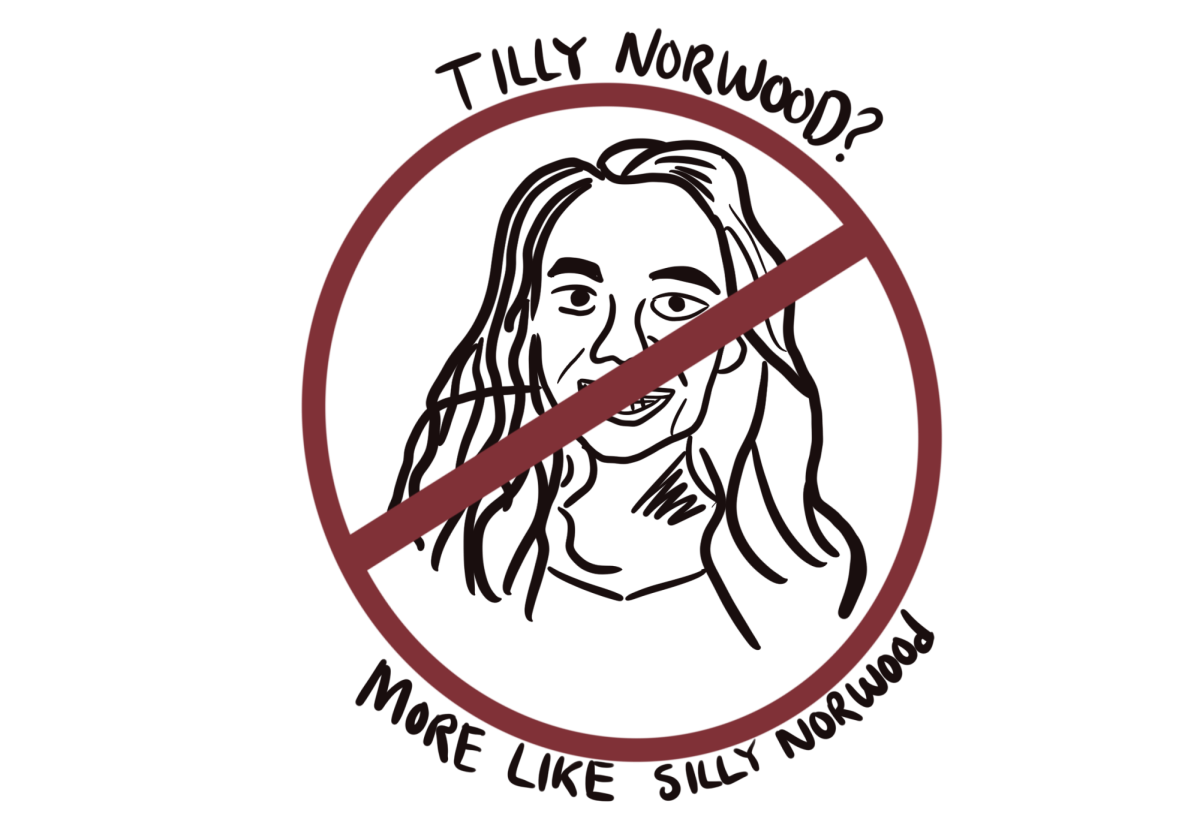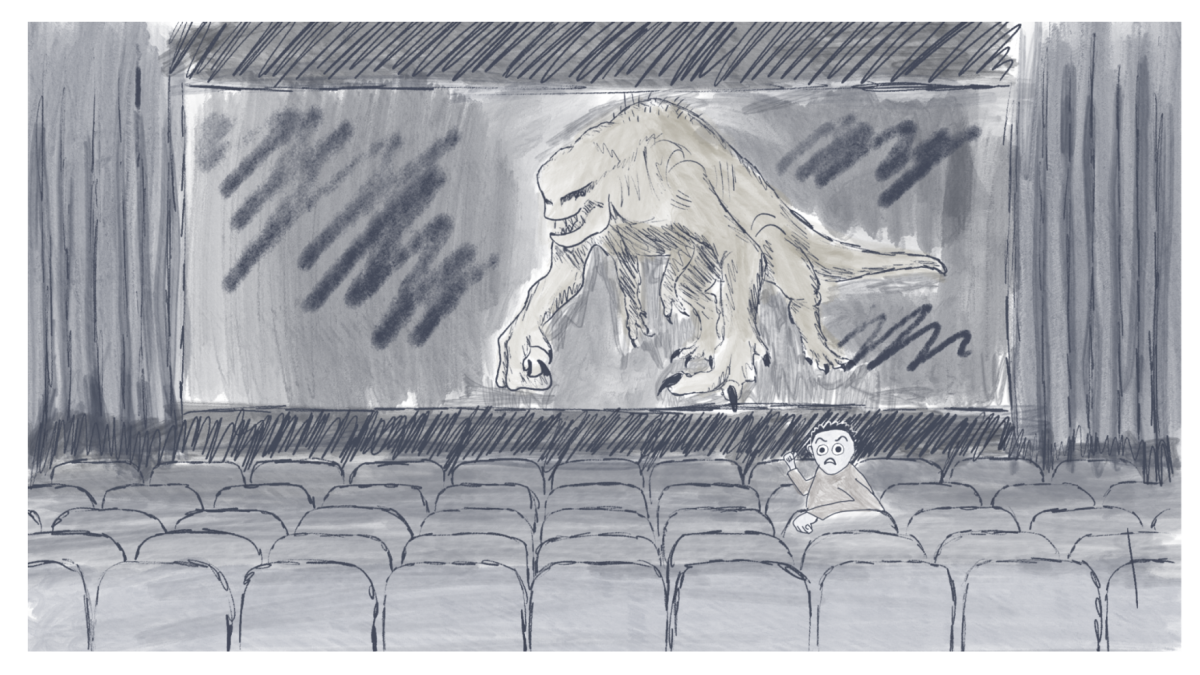When it comes to the publishing world, Amazon is public enemy number one.
Amazon serves many purposes in our day-to-day-lives. It’s the customer-focused company of our consumer dreams, providing service so quick even Jimmy Johns feels threatened. We all seem to have a love-hate relationship with the company. We hate the way they treat their employees but cannot possibly refuse the promise of next day delivery. We see the lower prices and shout for joy, but in the back of our minds, we feel the pang of guilt knowing that some corners in production had to be cut for our consumer benefits.
When selling books, Amazon is able to offer cheap prices because they are curtailing when it comes to payments. This may mean that publishers, authors and middle-men are receiving less money so we can get a better deal buying books from Amazon.
Small publishing presses and bookstores cannot seem to compete with the thriving, rapidly expanding mega-company. As e-books increase in popularity, Amazon controls even more of the book industry.
The argument of printed books versus e-books has been an ongoing one for many years. Many people side with printed literature, saying it is vital to the society’s founding cultures. These bibliophiles crave the tactile experience of turning each stained, crinkled page by hand, physically moving the story forward. Bookstores bring excitement to them in the same way a museum brings excitement to a historian.
“Like shrines and other sacred meeting places, bookstores are essential artifacts of human nature,” Editorial Director at Random House Jason Epstein said. “The feel of a book taken from the shelf and held in the hand is a magical experience, linking writer to reader.”
However, many people prefer e-books. It’s easier to throw a Kindle in a purse, you have the accessiblility of the internet and it’s much cheaper. Who can argue with the ease and accessibility. Who can blame a reader for picking a 99 cent e-book over a more expensive print book?
But then there is the third side of the printed book versus e-book argument: the side of Amazon founder, Jeff Bezos. Bezos, whose motto is “Get big fast,” has no regard for the literary culture.
Bezos views e-books not as a preference in taste but as yet another opportunity to make a profit.
Amazon sells e-books at a loss or no profit both to gain an advantage over their competition and to draw customers to their website. Once Amazon lures customers in, it pushes other bigger ticket items. For the mammoth retailer, it’s easy to absorb the loss. It’s even easier to overlook what the price cut can do to the value of the book.
When Amazon released that the baseline for e-book best-sellers would be $9.99, the symbolic value set on the books became $9.99. Consumers began wondering why they would $25 for a book in stores and $10 online.
How could booksellers and publishers compete with these prices? Turns out, they couldn’t. Borders bookstores closed shop in 2011, filing bankruptcy soon after Amazon set their baseline e-book price. Their reasoning? Too many people were buying online.
With this battle won, Amazon continues to conquer the literary world. It continues to cut corners and force authors and publishers to reduce prices and devalue books through their online enterprise. They started their own publishing brand and they’ve even opened their own chain of bookstores. But, because Amazon is running a monopoly that benefits most people, they can get away with it.
I write this column fueled by the rage of a self-righteous, ethically-conscious book lover. However, when it comes down to it, I am no better than the average consumer. I too fall under the trap of buying from the vicious mega-retailer. The book lover in me cringes as the poor college student in me One-Click orders textbooks. That’s how you know Amazon is winning this war.





